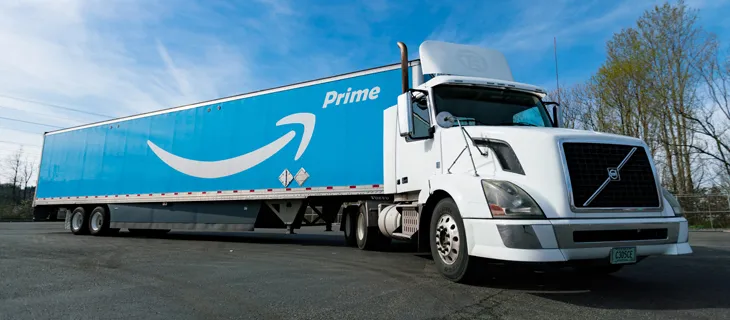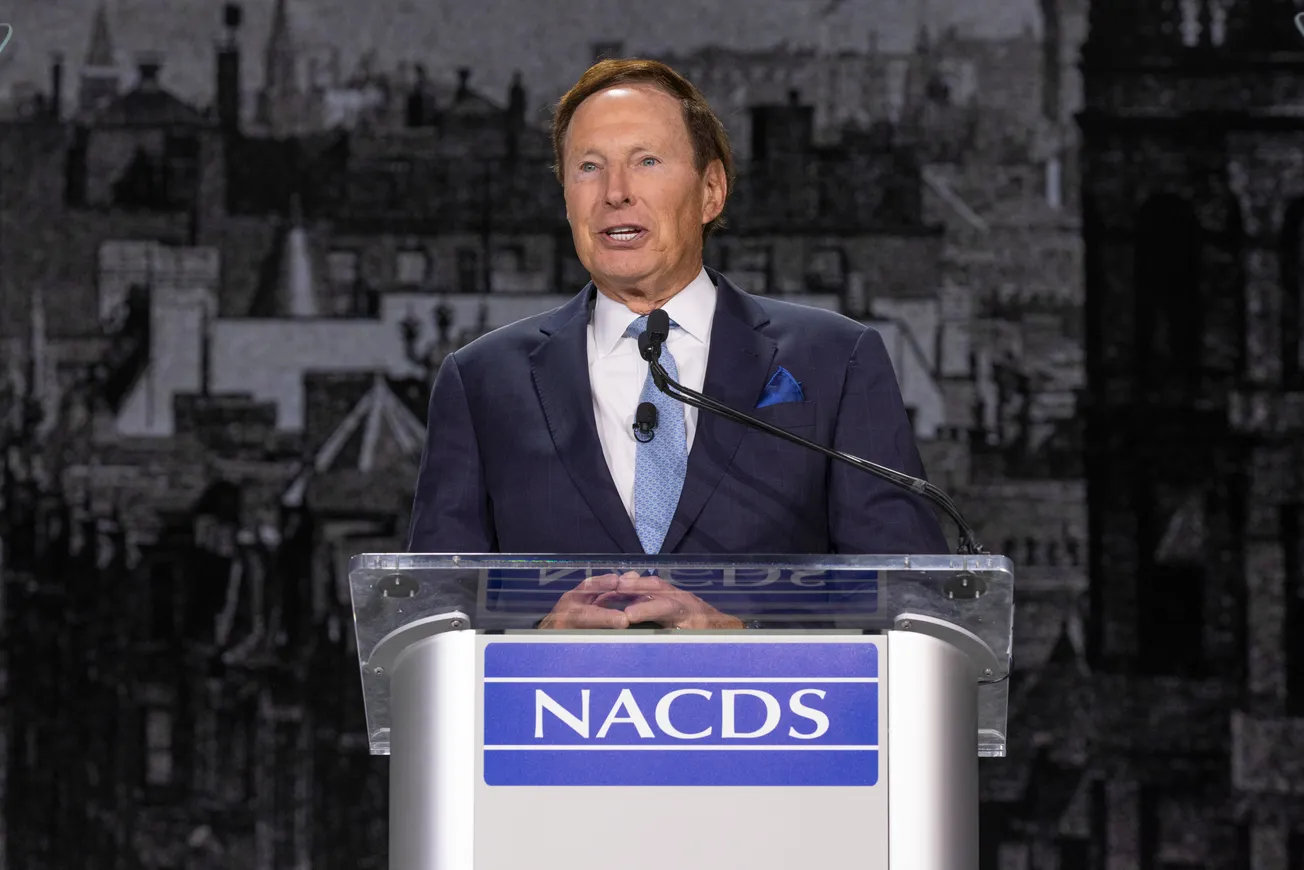SEATTLE — The Federal Trade Commission and 17 state attorneys general filed a lawsuit against Amazon.com Inc. on September 26 alleging that the company is a monopoly that uses “anticompetitive and unfair strategies” that harm rivals and consumers and stifle innovation.
“The complaint sets forth detailed allegations noting how Amazon is now exploiting its monopoly power to enrich itself while raising prices and degrading service for the tens of millions of American families who shop on its platform and the hundreds of thousands of businesses that rely on Amazon to reach them,” FTC Chairman Lina Khan said in a statement. “Today’s lawsuit seeks to hold Amazon to account for these monopolistic practices and restore the lost promise of free and fair competition.”
In a response to the lawsuit, Amazon countered the notion the practices being challenged by the FTC are harmful.
“Today’s suit makes clear the FTC’s focus has radically departed from its mission of protecting consumers and competition. The practices the FTC is challenging have helped to spur competition and innovation across the retail industry, and have produced greater selection, lower prices, and faster delivery speeds for Amazon customers and greater opportunity for the many businesses that sell in Amazon’s store,” David Zapolsky, senior vice president, Amazon global public policy and general counsel, said in a prepared statement. “If the FTC gets its way, the result would be fewer products to choose from, higher prices, slower deliveries for consumers, and reduced options for small businesses — the opposite of what antitrust law is designed to do. The lawsuit filed by the FTC today is wrong on the facts and the law, and we look forward to making that case in court.”
The FTC and its state partners seek a permanent injunction in federal court that the agency said “would prohibit Amazon from engaging in its unlawful conduct and pry loose Amazon’s monopolistic control to restore competition.”
The complaint accuses the company of engaging in anti-competitive practices through measures that deter sellers from offering lower prices for products on non-Amazon sites, an argument mirroring allegations made in a separate suit filed last year by the state of California.
The lawsuit says Amazon buries listings offered at lower prices on other sites, while at the same time charging sellers high fees, forcing merchants to raise their prices on the platform, as well as on other e-commerce sites in order to keep their products competitive on Amazon.
The lawsuit also accuses Amazon of degrading customers’ experience by replacing relevant search results with paid advertisements, favoring its own brands over other products it knows to be of better quality, and charging heavy fees that force sellers to pay nearly half of their total revenues to Amazon.
The states joining the lawsuit are: Connecticut, Delaware, Maine, Maryland, Massachusetts, Michigan, Minnesota, New Jersey, New Hampshire, New Mexico, Nevada, New York, Oklahoma, Oregon, Pennsylvania, Rhode Island, and Wisconsin.
The FTC of late has taken a more aggressive stance in challenging allegedly anticompetitive practices by tech companies. Earlier this year the agency filed a lawsuit against Amazon alleging that the company dupes customers into signing up for subscriptions to its Prime service and makes it unnecessarily difficult for them to cancel.










